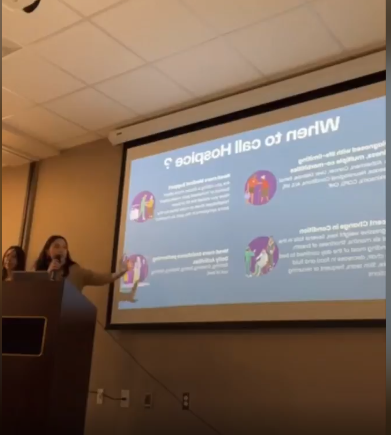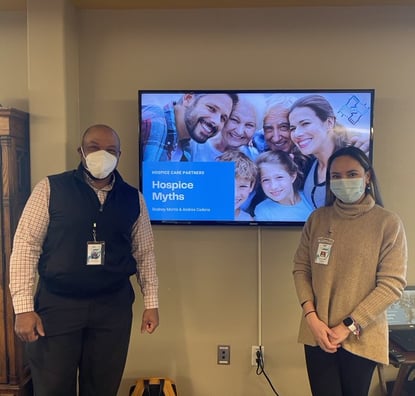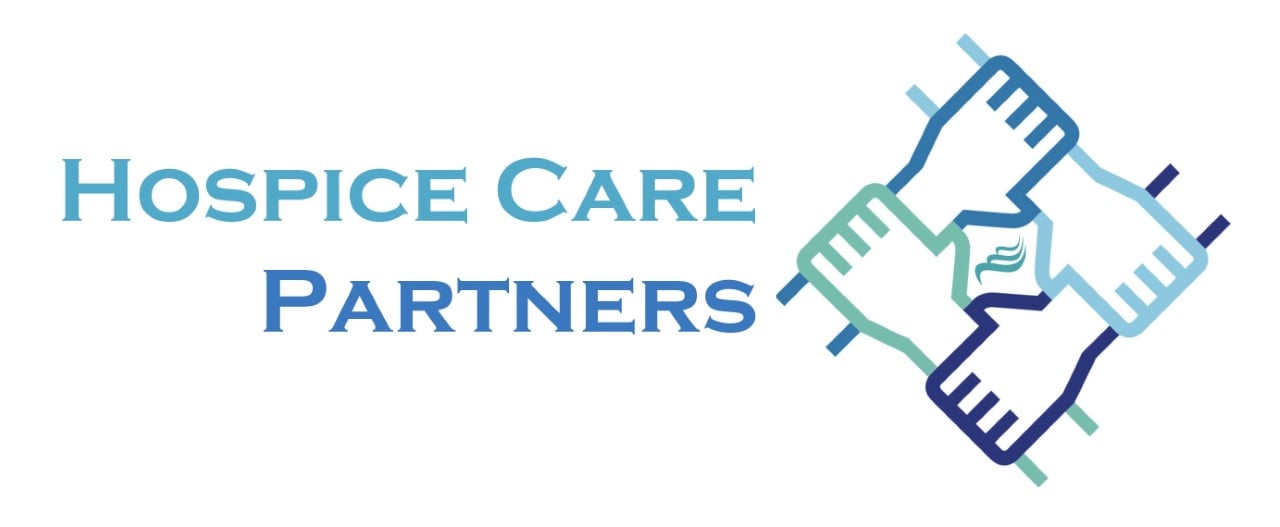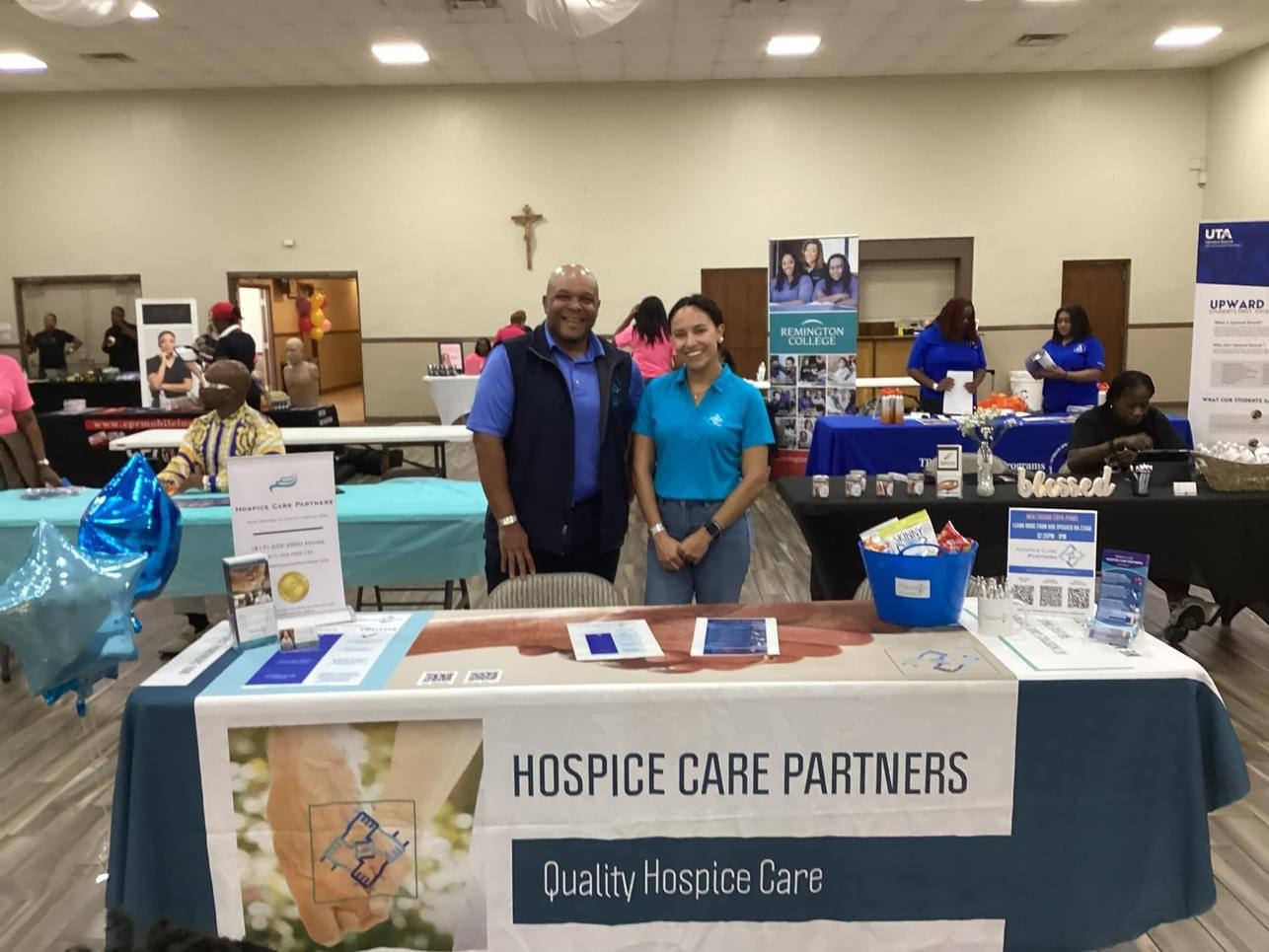In the fast-evolving landscape of healthcare, one thing remains constant: the vital value of continuous education. Whether it's staying on top of cutting-edge medical developments or providing knowledge to the local community, the significance of ongoing learning cannot be overstated. At Hospice Care Partners we understand the critical role of continuous education in healthcare professionals' lives and its far-reaching impact on the well-being of communities. We provide education for our partners and the local community.
.jpeg?width=520&height=390&name=Image%20(8).jpeg)
Empowering Healthcare Professionals with Ongoing Learning
Continuous education in healthcare is the cornerstone of excellence in patient care. With medical breakthroughs and new treatments emerging regularly, healthcare professionals must stay up to date with information regarding patient care, changes in regulations, and family/caregiver education. This commitment allows them to adapt to the latest advancements, refine their skills, and enhance patient outcomes. By pursuing ongoing education, healthcare professionals embrace a culture of continuous improvement. This mindset encourages self-assessment, reflective learning, and open-mindedness, fostering professional growth and better patient care.

Elevating Patient Outcomes through Knowledge Sharing with the community
While continuous education enhances the competence of healthcare providers, the benefits extend beyond the confines of hospitals and clinics. Community outreach and education play an instrumental role in promoting overall well-being and reducing healthcare gaps. Educating the community about preventive measures is crucial for reducing the burden of preventable diseases. By sharing knowledge on healthy lifestyles, early detection, and regular screenings, healthcare professionals can empower individuals to take charge of their health. In many communities, access to healthcare and health information is limited. Community education initiatives help address health disparities by providing targeted information, fostering trust, and promoting culturally competent care.

Conclusion
In healthcare, continuous education serves as the core of compassionate care. By equipping healthcare professionals with the knowledge and skills needed to navigate the ever-changing field of medicine, it elevates patient outcomes and fosters a culture of excellence. Furthermore, extending education to the local community ensures that healthcare becomes more than just a service provided within clinical walls. It becomes a collaborative effort that empowers individuals to take charge of their health, promotes preventive measures, and addresses health disparities.
The mutual relationship between continuous education in healthcare and community outreach is indispensable. As we embrace the undeniable importance of lifelong learning, we pave the way for a healthier, more informed society, united in its pursuit of well-being for all.




